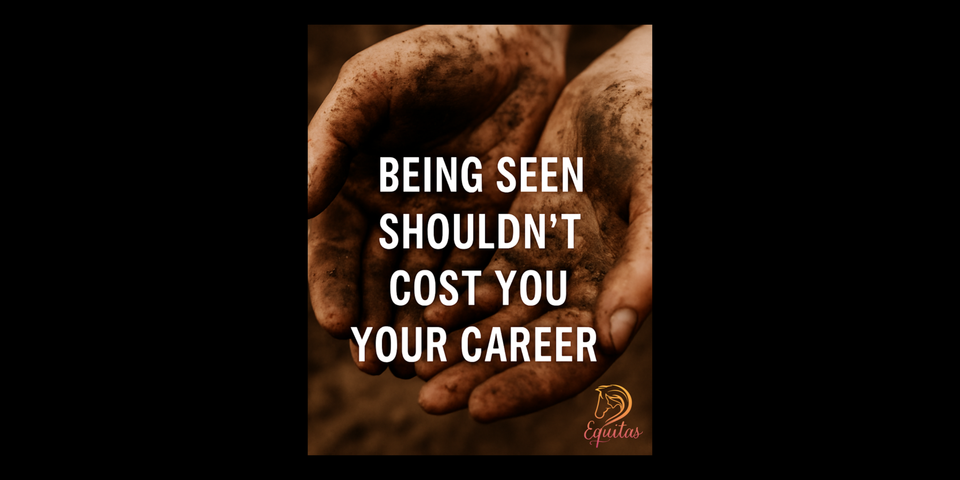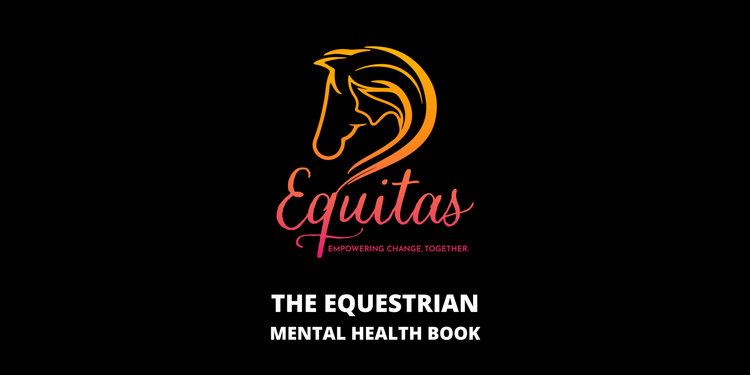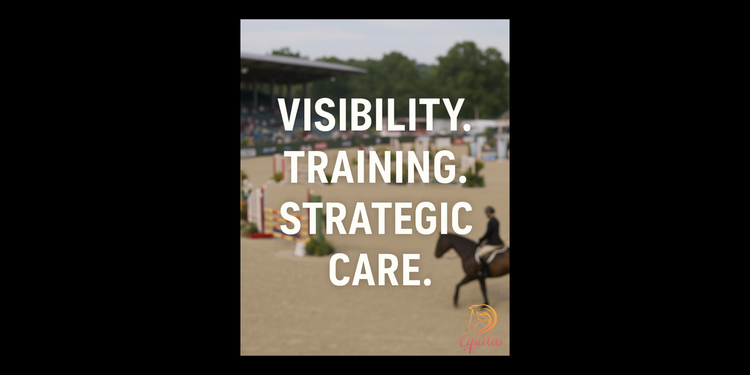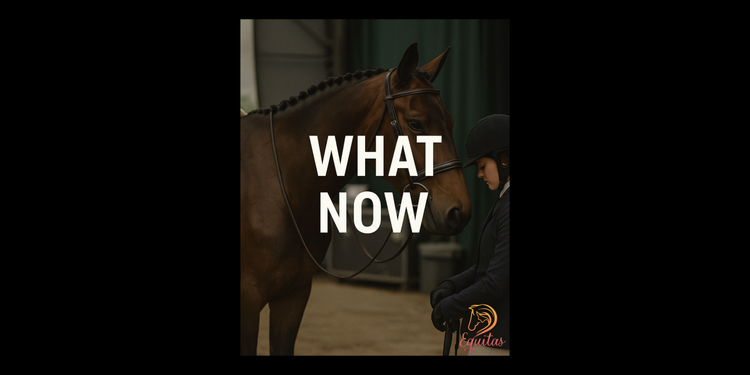More Than Tired: The Hidden Struggles in Equestrian Lives

Suicide is not a trend. It is not a phase. It is not someone else’s issue. It is happening within equestrianism—and it is happening more than most are willing to admit.
Over the past decade, the global equestrian community has experienced multiple, tragic losses to suicide. Some of those lost were names the industry knew. Others were not. Both mattered equally. Public recognition does not equal value. Every person lost to suicide within this industry leaves behind unanswered questions—and, more often than not, unanswered action.
This is not anecdotal. The data is there. Studies between 2019 and 2023 show that equestrians—regardless of role, discipline, or visibility—are experiencing mental health struggles at significantly higher rates than the general population:
- 79% of those surveyed in an international study showed symptoms of at least one common mental health disorder.
- In Ireland, 64% of equine professionals in one sector reported serious financial stress, with those experiencing it up to 16 times more likely to report depression or anxiety.
- Over 70% of those working in British equestrian sectors reported significant psychological distress in a 12-month period.
- Across the board, fewer than one-third of those struggling had accessed support—primarily due to stigma, fear of professional consequences, or lack of clear pathways to care.
This is not about assigning blame. It’s about calling time on denial.
While there are many potential contributing factors—long hours, performance expectations, isolation, financial pressure, cultural stigma—we cannot yet claim to fully understand every cause of suicide in equestrian contexts. What we can say, with certainty, is that the patterns are persistent, the risks are elevated, and the response to date has not matched the scale of the problem.
There are some who are doing the work.
There are mental health helplines available.
There are organisations, like Riders Minds in the UK and Equuip in Ireland, who are offering real and practical support.
But these initiatives cannot carry the weight of an entire industry’s silence on their own.
So the question we now face is this:
What would a coordinated, collective response look like?
Not reactive. Not reputational. Real.
- Could we standardise psychological support in all equestrian pathways, not just elite ones?
- Could every show, sale, or event provide access to visible mental health information or resources?
- Could federations commit to long-term funding and visibility for the services that already exist?
This is no longer about awareness. It’s about accountability. And collaboration. And consistency.
Because the truth is simple: until we treat mental health in equestrianism as non-negotiable, lives will continue to be lost in preventable silence.
Equitas has created the Equestrian Mental Health Booklet—a free, accessible resource for the equine community. It exists to bridge the gap between recognising a problem and knowing where to turn. You can download it or share it at www.equitas.ie

Next week’s article will explore what different countries are doing right—and where those models are being ignored or underused elsewhere.





